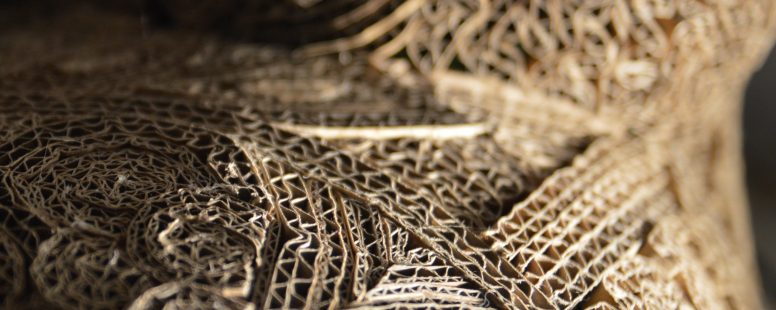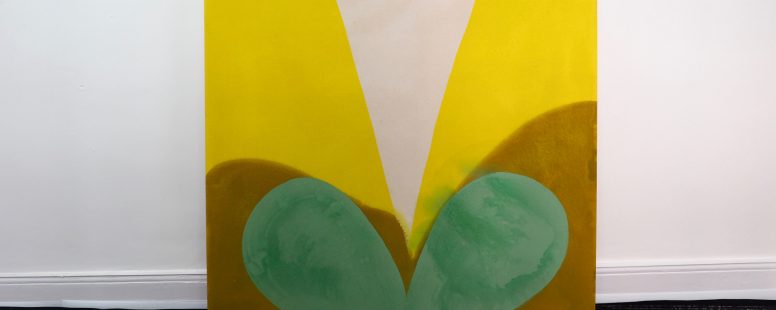Play That Funky Holiday Inn Sex Thing, Blondie!!
70s night! Rock Sizemore, DJ, is long and lean, with legs like Rob Evans’ – but encased in brown crimplene flares. Rock’s hair is also pretty super-model: almost white blonde, to the collar, wavy; and with a zapata mussie to match. As you’d expect, his shirt does not let the rest of his outfit down and we’re not even attempting a description here, without the benefit of psychoactive drugs. We’re on the






